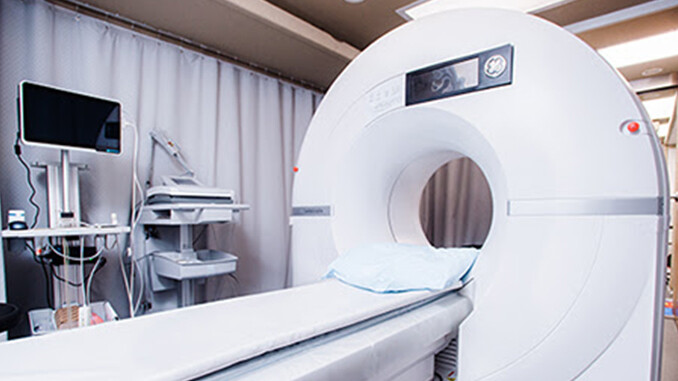
Published: August 13, 2021
By: Bob Shepard
One in six Americans lives in a rural county. These communities play a vital role in the United States’ economy, but their residents tend to live less healthy and shorter lives. The University of Alabama at Birmingham School of Public Health has started recruiting for a study that aims to answer the question, “why are rural communities facing more health-related concerns?”
The Risk Underlying Rural Areas Longitudinal Study, or RURAL Study, will allow researchers to learn what causes the high burden of heart, lung, blood and sleep disorders in Southern rural communities. It will recruit 4,600 multi-ethnic participants from 10 rural counties in Alabama, Kentucky, Louisiana and Mississippi. In Alabama, the study will recruit 1,100 participants from Dallas and Wilcox counties, which experience higher rates of heart and lung disease than other counties in the state.
Historically, rural residents have not been included in research studies because they are not located near research hospitals and clinics. To help recruit research participants and bring medical care to rural areas, UAB will use a mobile clinic. The mobile clinic will travel to each study location to provide medical exams for the study participants and promote study engagement in diverse communities. Familial, lifestyle and behavioral factors, along with medical history including risk for heart, lung, blood and sleep disorders, will be recorded. Environmental and economic factors will also be studied.
“The RURAL Heart and Lung Study clinic will bring technology to rural communities that provides access to diagnostic tests that are not routinely done in rural settings,” says Suzanne Judd, Ph.D., co-principal investigator of the study and a professor in the Department of Biostatistics at the UAB School of Public Health. “The project is an engineering challenge, a community engagement challenge and a disease prevention challenge, which makes the work incredibly exciting.”
Participants will be given a clinical exam that will take pictures of the heart and lungs and collect other measures of heart and lung function, such as inflammation in the blood, blood pressure and history of heart disease. If a health problem is identified during the exam, the participant will be notified immediately of the issue. If participants do not have a doctor, the researchers and study coordinators will work with local doctors who can help participants with their condition. If they do have a doctor, researchers will work with that person’s primary care doctor to provide test results and improve care.
The six-year, $21.4 million cohort study is funded by the National Heart, Lung and Blood Institute, part of the National Institutes of Health, and includes 50 investigators from 15 other institutions.
In addition to UAB, investigators from the University of Louisville, Louisiana State University’s Pennington Biomedical Research Center and University of Mississippi Medical Center will play a central role in participant recruitment, retention, follow-up, data return, return of results, community engagement and education. The study’s coordinating center is Boston University School of Medicine.
For more information, visit http://www.theruralstudy.org.
